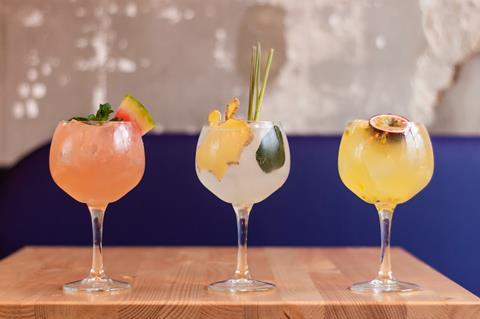
With pubs and bars shut for much of the past year, Brits have been knocking back a wide range of spirits and cocktails at home. So much so in fact that the market’s added £393.9m on volumes up by 7%.
“With widespread hospitality restrictions impacting much of the year, off-trade spirits sales have soared,” notes NielsenIQ BWS insights team manager Jenny Dickson.
“Premiumisation has continued, with shoppers looking to treat themselves while stuck at home. At-home cocktails have also been a key trend seen during the extended Covid period. We are also seeing strong evidence that the gin and flavoured gin bubble is bursting.”
It may have already burst. For the first time in years, spend on gins has fallen and there are no gins among the spirits sector’s five fastest-growing brands. The title of fastest grower goes to Smirnoff, which is up by £65.1m (14%) and has shifted an extra 3.7 million litres of its core vodka, No. 21.
Innovation has been crucial to such success, says Lauren Priestley, head of category development for the off-trade at Smirnoff owner Diageo. “Tapping into both the early aperitivo moment and the growing interest among consumers for flavoured spirits, in July Smirnoff introduced Raspberry Crush, which achieved an astonishing £6m RSV in its first 10 weeks,” she says. It’s since been followed by Mango & Passionfruit Twist.
First, Gordon’s got a 0% abv gin (in December 2020). Then its posher sister brand got one too. Diageo bills Tanqueray 0.0 as an “exceptional, juniper-heavy, alcohol-free spirit”. Added in February (rsp: £17/70cl), it’s already a hit, racking up almost £1m in under seven months – despite missing out on Dry January 2021. It seems Diageo, which has a majority stake in the premium Seedlip brand, is working to create in booze-free spirits the same ‘good, better, best’ tiering that exists in regular spirits.
Smirnoff’s brisk pace of innovation isn’t unusual. With hospitality, their typical test bed, off-limits, many brands have launched spirits straight into supermarkets, Dickson explains. “The on-trade offers a great platform for consumers to try new products at low risk by buying measures to trial instead of a full bottle. But there has still been a continual flow of NPD hitting the market.”
Indeed, flavour extensions have been key this year – and not just for vodka brands. Take whisky-based Baileys. It recently launched Apple Pie – which “blends the delicious taste of apple pie with the classic creaminess of Baileys” says Priestley. She points to Pimm’s Sundowner Raspberry & Redcurrant aperitif, added in May, as another important flavoured launch.
In RTDs, it’s a similar story to spirits. That is, premiumisation and flavours are driving huge growth while gin no longer dominates. Overall value is up by £60.9m, with Jack Daniels & Cola and Funkin Nitro Passion Fruit Martini among the fastest growers.
Dickson attributes the sector’s fortunes, in part, to “the convenience of the RTD format and the lower price point, allowing shoppers to get their cocktail fix without having to spend a lot of money on a bottle of spirits”.
Top launch 2021
Tanqueray 0.0 | Diageo
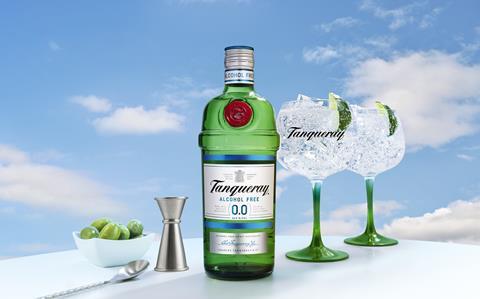
First, Gordon’s got a 0% abv gin (in December 2020). Then its posher sister brand got one too. Diageo bills Tanqueray 0.0 as an “exceptional, juniper-heavy, alcohol-free spirit”. Added in February (rsp: £17/70cl), it’s already a hit, racking up almost £1m in under seven months – despite missing out on Dry January 2021. It seems Diageo, which has a majority stake in the premium Seedlip brand, is working to create in booze-free spirits the same ‘good, better, best’ tiering that exists in regular spirits.
The Grocer’s Top Products Survey 2021: who’s up, who’s down – and our overview of the key trends

Covid, Brexit costs and shortages in labour and material have caused chaos in grocery this year. Which sectors are best placed to deal with the inflationary storm on the horizon in 2022?
- 1
- 2
 Currently
reading
Currently
reading
Alcohol – spirits & RTDs 2021: vodka booms as gin bubble finally bursts
- 4
- 5
- 6
- 7
- 8
- 9
- 10
- 11
- 12
- 13
- 14
- 15
- 16
- 17
- 18
- 19
- 20
- 21
- 22
- 23
- 24
- 25
- 26
- 27
- 28
- 29
- 30
- 31
- 32
- 33
- 34
- 35
- 36
- 37
- 38
- 39
- 40
- 41
- 42
- 43
- 44
- 45
- 46
- 47
- 48
- 49








































































































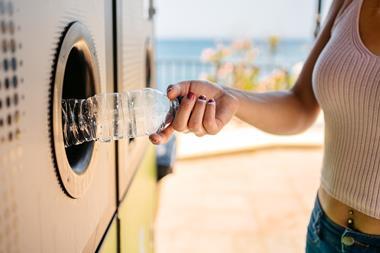
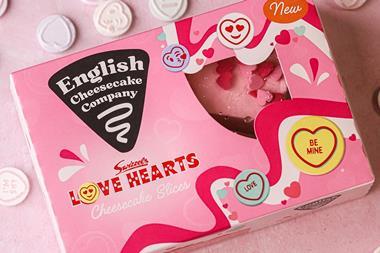
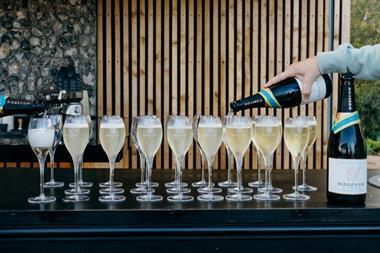
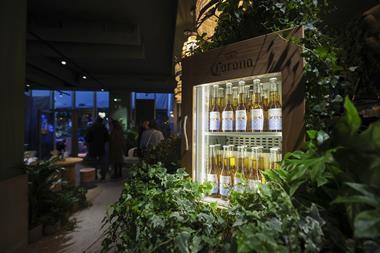
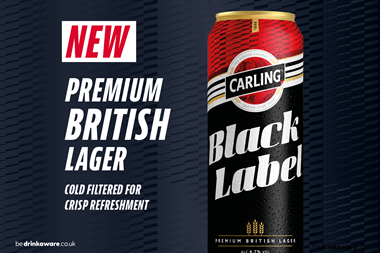
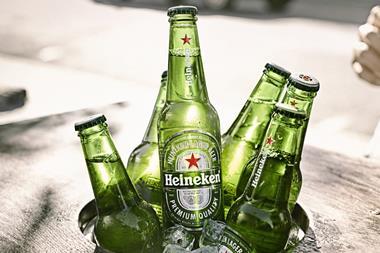
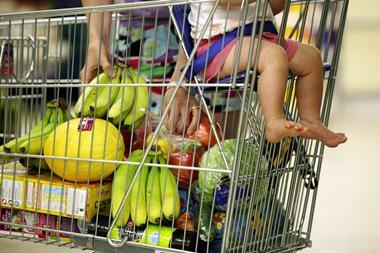





No comments yet